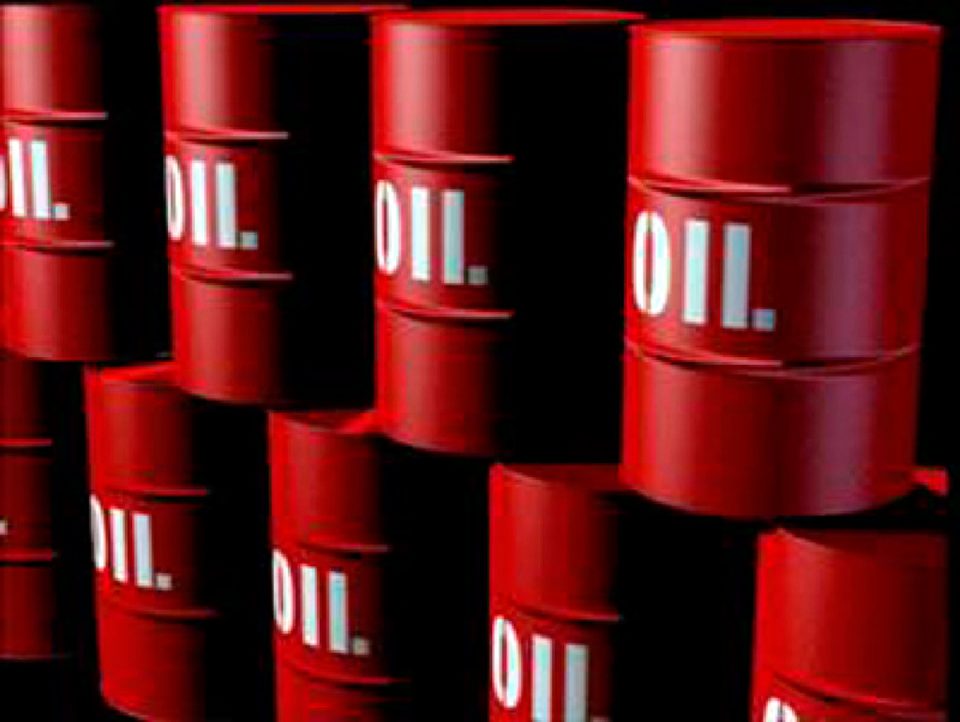Oil prices fell nearly one per cent on Tuesday as investors expected Libya’s oil production to eventually resume following a force majeure declared by the oil exporter on two major oilfields amid a military blockade.
Brent crude LCOc1 was down 56 cents, or nearly 0.9 per cent, at 64.64 dollars per barrel by 0748 GMT, after rising to its highest in more than a week on Monday. U.S. West Texas Intermediate crude CLc1 was down 35 cents, or 0.6 per cent, at 58.19 dollars a barrel.
“The situation in Libya provided oil prices an early boost, but the rally fizzled out as expectations remain that Libya’s oil production will eventually return to normal levels,” said Edward Moya, a market analyst with OANDA.
Two major oilfields in southwest Libya began shutting down on Sunday after a pipeline was closed off, potentially reducing national output to a fraction of its normal level, the country’s National Oil Corp (NOC) said.
A document sent to oil traders and seen by Reuters on Monday said the NOC had declared force majeure – a waiver on contractual obligations – on crude loadings from El Sharara and El Feel oilfields in Libya’s southwest.
If Libyan exports are halted for any sustained period, storage tanks will fill within days and production will slow to 72,000 barrels per day (bpd), an NOC spokesman said.
Libya has been producing around 1.2 million bpd recently.
Anti-government unrest in Iraq, another major oil producer, also had initially supported oil prices, but officials later said production in southern oilfields has not been affected by the unrest.
“Every time we get a big geopolitical event, the market spikes up, but everybody looks at that as a chance of a selling opportunity,” said Tony Nunan, oil risk manager at Mitsubishi Corp in Tokyo.
Any supply disruptions could be offset by increased output from the Organisation of the Petroleum Exporting Countries (OPEC) which could limit the impact on global oil markets, the head of Japan’s petroleum industry body said.
“We are caught in this (65 dollars per barrel) trading range,” Nunan said. “Anything below and OPEC is going to have a tough time balancing their budgets … and anything above, shale (output) will rebound.”
Another factor reassuring the market is OPEC spare capacity, which stands in excess of three million bpd, of which the bulk sits in Saudi Arabia, analysts from ING Economics said in a note.
Adding to supply, Guyana exported its first-ever shipment of crude on Monday, marking the tiny South American nation’s debut as an oil exporter.
“For oil to get its mojo back, energy markets need to see an extended disruption or a major shock to OPEC output,” Moya said.
“Improving demand for crude will eventually provide some support for oil prices, but this week is unlikely to be the week that supports that argument,” he said.



